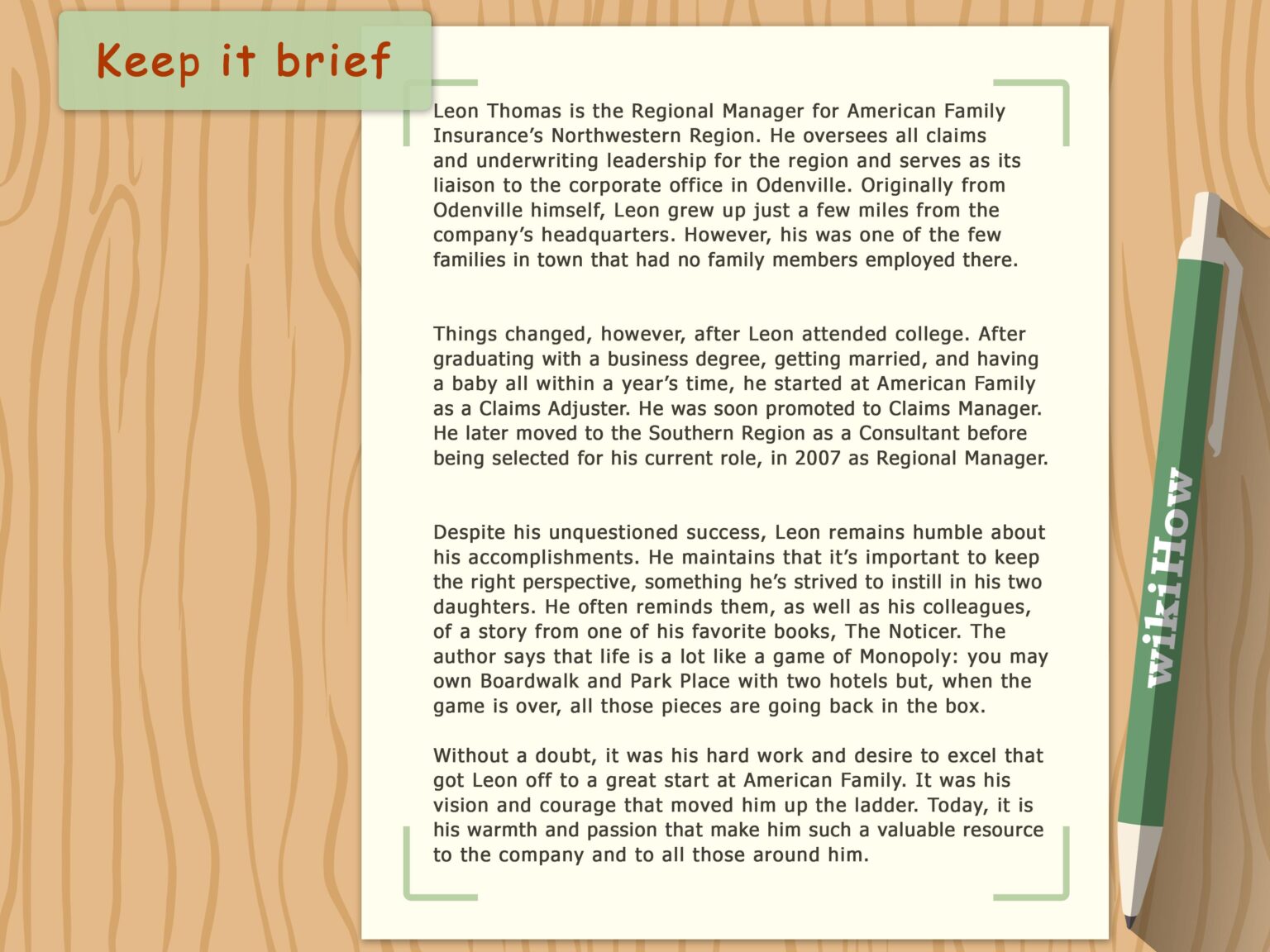Russia Expands Military Presence in Equatorial Guinea: A Strategic Shift in African Geopolitics
Central Africa’s geopolitical environment is undergoing a significant shift as Russia intensifies its military collaboration with Equatorial Guinea. This development underscores Moscow’s broader strategy to cement its influence across the African continent amid rising global competition for natural resources and strategic alliances. With vast oil reserves and control over crucial maritime corridors, Equatorial Guinea has become a key partner in Russia’s expanding defense ambitions. This article delves into the motivations behind Russia’s increased engagement, explores potential impacts on regional security and governance, and analyzes the wider geopolitical ramifications of this emerging partnership.
Russia-Equatorial Guinea Defense Partnership: Goals and Key Elements
In pursuit of strengthening its foothold in Africa, Russia has formalized extensive defense cooperation agreements with Equatorial Guinea aimed at modernizing the country’s military capabilities. The collaboration includes several vital components:
- Delivery of Modern Military Hardware: Moscow intends to supply a range of weaponry including infantry arms, naval patrol boats, and advanced air defense systems tailored to enhance coastal security.
- Collaborative Training Initiatives: Russian military experts will lead joint exercises designed to improve tactical skills and operational readiness among Equatoguinean forces.
- Expanded Intelligence Sharing: Both nations plan closer coordination on intelligence gathering to better address transnational threats such as piracy and terrorism.
This alliance not only reflects Russia’s ambition to broaden its strategic reach but also aligns with Equatorial Guinea’s objective of upgrading its armed forces amidst growing regional security challenges. By combining technology transfers with capacity-building programs, this partnership signals an evolving multipolar dynamic within Africa’s defense landscape.
| Country | Type of Cooperation | Main Areas of Focus |
|---|---|---|
| Russia | Military Equipment Provision & Training Support | Navy Enhancement, Air Defense Capabilities, Infantry Weaponry |
| Equatorial Guinea | Tactical Development & Operational Strengthening | Maneuver Readiness & Security Intelligence Collaboration |
Regional Consequences: Assessing Russian Military Expansion in West Africa
The deepening military ties between Russia and Equatorial Guinea represent a notable recalibration within West African power structures. As Moscow seeks new partnerships across Africa—while Western powers like France and the United States adjust their own strategies—the implications are complex:
- MILITARY ENHANCEMENT: Access to state-of-the-art weapon systems coupled with rigorous training could significantly boost Equatoguinean defense effectiveness.
- CENTERING GLOBAL INFLUENCE BALANCE: strong > The growing Russian presence may challenge longstanding Western dominance by introducing alternative sources of support for regional governments. li >
- < strong >RESOURCE AND ENVIRONMENTAL STRATEGIES : strong > A stronger military footprint could facilitate Russian interests in exploiting local energy reserves such as oil fields that contribute nearly 90% of national exports (2023 data). li >
- < strong >SECURITY CHALLENGES : strong > The influx of foreign advisors might exacerbate tensions among neighboring countries concerned about shifting alliances or escalating militarization . li >
< / ul >Potential long-term risks include destabilization if rapid militarization outpaces political reforms or fuels proxy conflicts influenced by external powers.
Main Risks Identified < / th >< th >Potential Outcomes< / th > tr > Approaches To Bolster Regional Stability While Reducing External Interference
To maintain peace throughout Central Africa amid rising foreign interventions like those from Russia , adopting comprehensive strategies is essential :
- < strong >Promoting Regional Cooperation: strong Encouraging joint initiatives among neighboring states—including combined training drills , intelligence exchange ,and coordinated border management—can build collective resilience against destabilizing external influences . li >
- < strong >Utilizing Multilateral Frameworks: strong Reinforcing organizations such as ECOWAS , African Union ,and partnerships with global stakeholders can offer diplomatic leverage alongside targeted support addressing specific regional challenges . li >
- < strong >Enhancing Indigenous Defense Capacities: strong Investing strategically in domestic armed forces through increased budgets focused on procurement , infrastructure modernization,and personnel development reduces reliance on foreign suppliers while fostering autonomy . Public-private collaborations within national defense sectors can drive innovation while creating jobs . li >
- < strong>Civil Society Involvement: strong Engaging communities via awareness campaigns about foreign military presences promotes public understanding regarding sovereignty concerns , encouraging grassroots backing for security policies aligned with sustainable peace goals . li >
< / ul >Together these measures help establish resilient frameworks capable not only of deterring unwanted external meddling but also advancing long-term stability across Central Africa .
Conclusion: Russia’s Growing Influence Reshaping African Security Dynamics h2 >
In summary , Moscow ’s expanding military partnership with Equatorial Guinea marks a critical juncture poised to alter power balances within Central Africa substantially. Beyond arms deliveries or training programs lies an intricate network affecting diplomatic relations , resource control strategies,and overall regional stability paradigms .
As Western countries reconsider their roles—especially following recent shifts like France scaling back certain bases—the unfolding developments warrant close observation .
Ultimately,the trajectory set by this alliance will likely serve as an indicator for future geopolitical alignments across Africa —highlighting both opportunities for enhanced cooperation alongside risks linked closely to intensified militarization.
The international community must stay alert regarding these changes’ ripple effects on peacekeeping efforts worldwide while supporting inclusive approaches prioritizing sustainable development together with security imperatives.
- < strong >RESOURCE AND ENVIRONMENTAL STRATEGIES : strong > A stronger military footprint could facilitate Russian interests in exploiting local energy reserves such as oil fields that contribute nearly 90% of national exports (2023 data). li >

